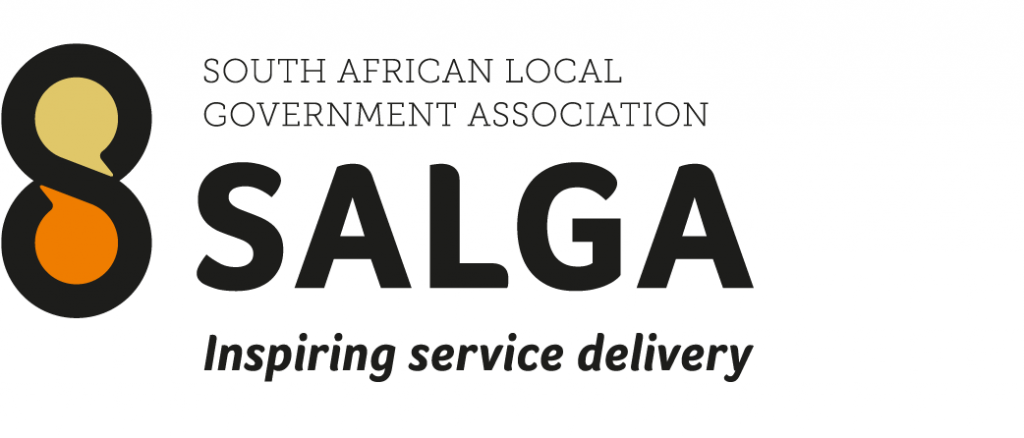SALGA MANDATE…

Inspiring Service Delivery
South African Local Government Association is an autonomous association of all 257 South African local governments, comprising of a national association, with one national office and nine provincial offices. Membership of the association is voluntary. SALGA accounts to its members in terms of the SALGA Constitution (as amended in 2016) and it’s Governance Framework regulating its structures and mandating processes. The organisation has a National Executive Committee comprised of elected councillors (primarily mayors and office bearers in
SALGA is listed as a Schedule 3A public entity and is therefore accountable for its revenue and expenditure in terms of the Public Finance Management Act of 1999. It is called to account to Parliament annually on its performance and expenditure as a consequence of its listing in terms of this Act.
SALGA has set out its role to represent, promote and protect the interests of local governments and to raise the profile of local government, amongst other objectives. SALGA is funded through a combination of sources, including primarily membership fees (81%), donations from the donor community for specific projects (6%), other sources (9%) and a small annual allocation from the national fiscus (4%).
Since its establishment, SALGA has endeavoured to bring focus to its mandate of supporting local government transformation in a complex environment, characterised by a highly diverse membership-base of municipalities. In terms of its amended Constitution, SALGA is a unitary body that consists of a national association and nine provincial offices
SALGA has a clear strategic role to play in representing the interests of local government within the system of government as a whole and supporting its members to fulfil their developmental obligations, on the other. As a full partner in government, SALGA is expected to be an active participant in the intergovernmental relations (IGR) system, to provide common policy positions on numerous issues and to voice local government interests, as well as provide solutions to the challenges facing local government more generally. This can be summarised as follows:





